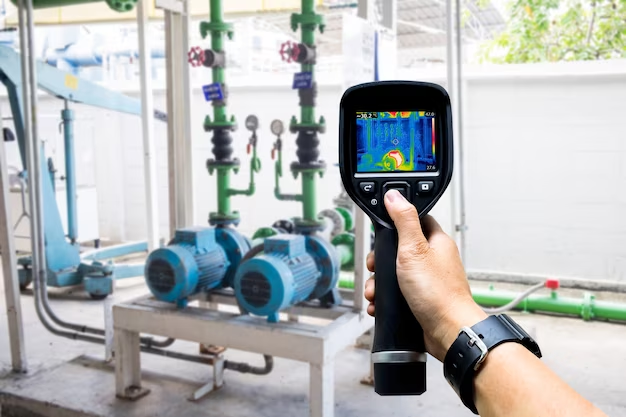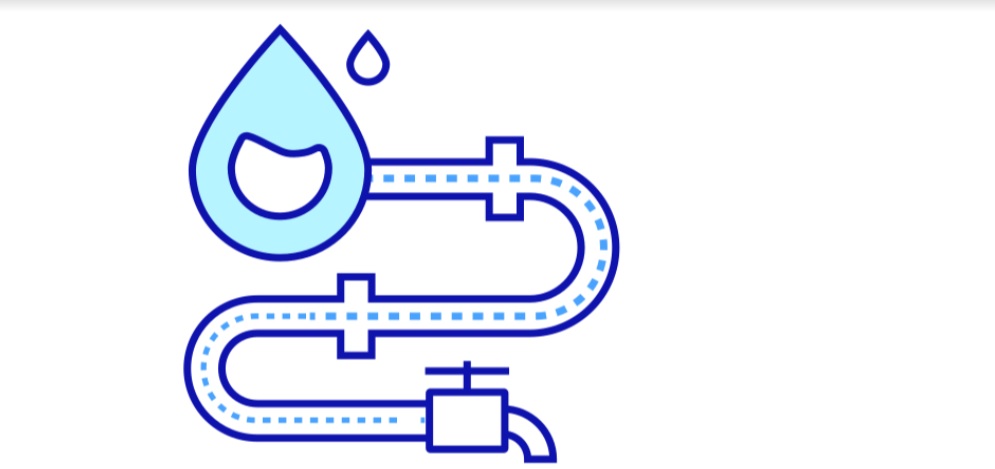By Lalit Ramesh Bajare, Technical Head at Innovative Water Technologies Pvt Ltd, Belgaum
Introduction:- The world is not running out of water. The real challenge is to provide enough clean water to a rapidly growing global population. Today, 1.2 billion people call India home, 377.1 million of whom live in cities. In the next 40 years, India’s population is expected to grow by nearly half a billion. In the next two decades alone, 225 million more people will be living in Indian cities. The water required to serve this population today is 740 bn cubic meters per year (compared to 102 bn cubic meters per year for the UK). By 2030, this number is expected to grow by approximately 200%, to nearly 1.5 tn cubic meters per year. Fig 1.1 Water Treatment Ladder A lot the country can and should do to become a wiser steward of its water resources. First among these must be creating adequate treatment infrastructure. Lack of treatment options lead to two problems: not treating wastewater (ie sewage) before discharging it into waterways pollutes the source, often rendering the water unusable for drinking. The water intended for drinking is withdrawn from this same source, and again not adequately treated, creating significant public health problems: 21% of communicable diseases in India stem from unsafe water. A Yale University study released in late January ranked India 124th out of 178 countries on the 2014 Environmental Performance Index (EPI) in terms of access to water and sanitation.
Factorsthat hinder Wastewater Treatment:- The government report says – The cost of a wastewater treatment plant depends on two key factors – (1) The quality of raw influent (2) The quality of the receiving medium. Our plants are technologically backward and were built at times when the nature of waste was biological and not chemical. With time, the quantity and characteristic of wastewater discharge has drastically changed. In their current state, most wastewater treatment plants are obsolete.
Today’s challenges can be summarized as: v Infrastructure needs such as sewage transfer system from different locations to the plant location. v Land availability. v Funds availability. v Power availability v Technology selection to treat the changed nature of sewage. The solution to all the above challenges is to go for De-centralized systems and reuse wastewater at source. Benefits of Decentralized Wastewater Management System The decentralised wastewater management concept is best suited to translate the following Bellagio Principle into practice: v Does not require large and capital intensive sewer trunks v Broaden the variation of technological options v Reduces the water requirement for water transportation v Adaptable to different discharge requirement FBTec® The innovation (The Indian Technology) “FBTec®” has been recognized by the Jal-Shakti ministry as an innovative technology and proudly, it is the only Indian technology to get the recognition in Sanitation category. The ministry vide their letter Ref W-11042/69/2020– JJM–IV-DDWS-Part (3) dated 25th v Reduces the risk system failures v Increases waste water reuse opportunities v It allows incremental development and investment to the system (technical operation module) Figure below indicates the benefits of decentralized waste water management system. Criterion for sustainable sanitation A sustainable sanitation service (3S) delivery approach that focuses on the service itself, understood in terms of quantity, quality, reliability and accessibility as the main objectives of sanitation (and hygiene). Nov 2020 empaneled “FBTec®” as an innovative technology for use under Jal Jeevan Mission / Swachh Bharat Mission. Ministry vide their press release on 22nd Nov 2020 (https:// pib.gov.in/pressreleaseIframePage. aspx?PRID=1674888); recommended “FBTec®” to the state governments and Union Territories.
FBTec® Technology Application ;-Installed at public toilets, schools, hospitals etc, FBTec® has been recycling and reusing wastewater at source. Our aim of making every drop count is being fulfilled by FBTec®. The unit at Public toilet at Sangamner is a classic example of the job done for wastewater recycle and reuse at source with available funds and space. It didn’t need any sewerage network. One can have a look at it at https://youtu. be/7qJPt-z4U6Q We need such initiatives not only all over India but across the world to save clean water from contamination and boost sanitation. It is the need of the hour. These small units are also useful in achieving the targets set by NGT to increase the wastewater recycle percentage from 2% to 30%. All the cities. Towns and villages should have such an initiative. Every drop is precious and we must make it count! Features of FB Tec Technology Decentralization has been the basis of developing this technology. v Modular in Nature v Movable Unit v Least Footprint v Water Re- use: v No odor and smell: No odor or foul smell is generated out of the unit. v No moving parts in the heart of the system leading to lowest possible maintenance requirements.





